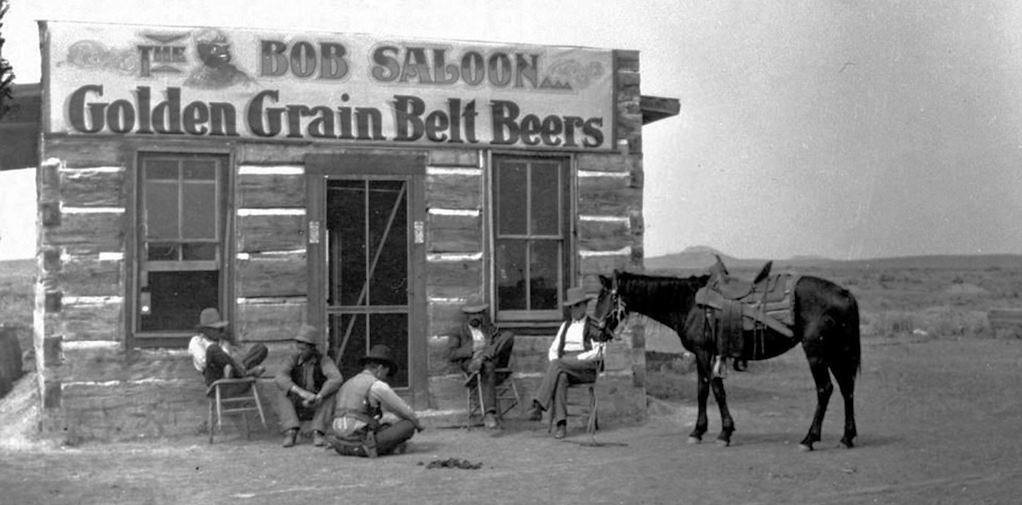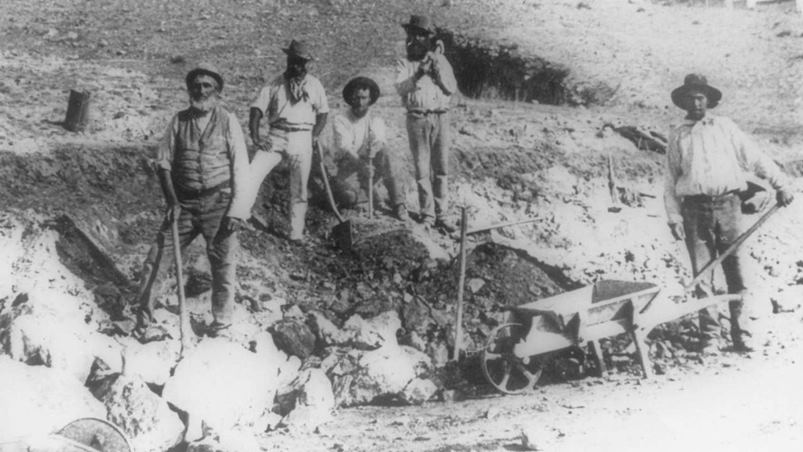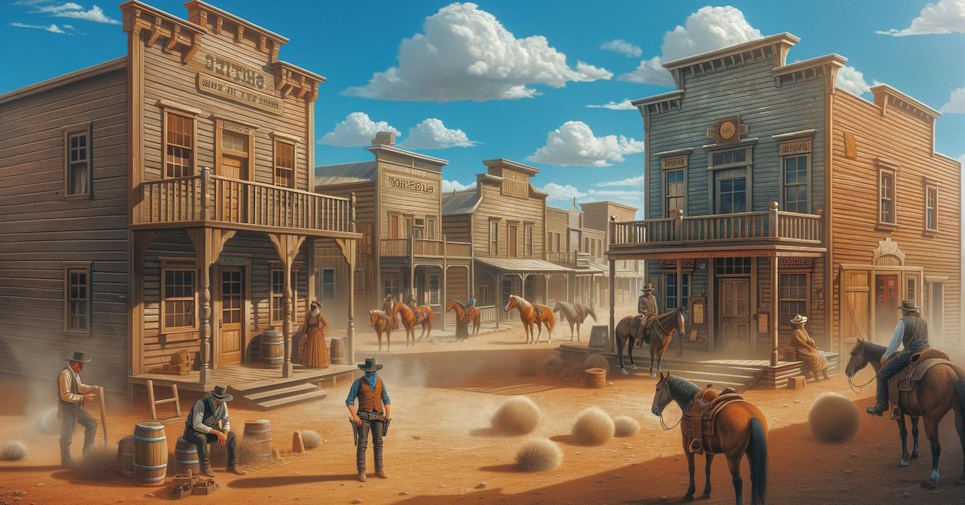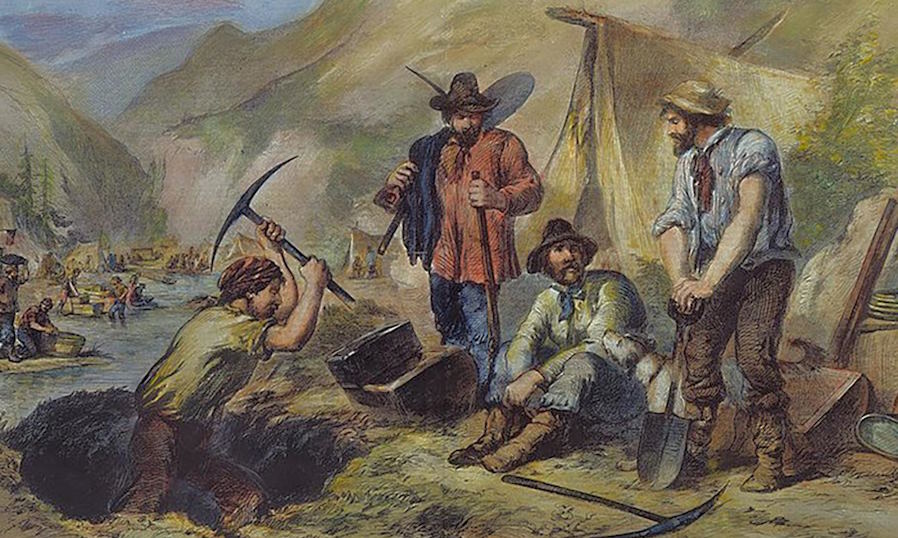The gold rush of the 19th century witnessed the emergence of thriving towns with a distinctive fusion of social customs, professions, and cultures in addition to the mad pursuit of fortune. Saloons and casinos were among the establishments that sprung up during this time and were necessary hubs of social and commercial activity in gold-rush cities. These locations served as hubs for trade, entertainment and commerce during the Gold Rush, leisure and influenced the social structures of the cities.

Saloons: The Social Hubs of Gold Rush Communities
Saloons were more than just drinking establishments in the gold rush towns; they were multifunctional spaces that served as the social and cultural heart of the community. In an environment where the population was predominantly male and transient, saloons provided a place for miners to gather, share news, and find respite from the gruelling mining work. They offered many entertainment options, including gambling, music, and dancing, making them popular venues for relaxation and leisure.
Moreover, saloons played a significant role in the economic life of gold rush towns. Many served as informal banks where miners could safely deposit their gold dust and nuggets. They also acted as employment centres, post offices, and meeting places for business transactions and political discussions.

Casinos: The Rise of Gambling in Gold Rush Towns
Casinos, often housed within saloons, were the integral role of saloons and casinos in shaping Gold Rush town dynamics, reflecting the high-stakes nature of mining life. Gambling became widespread, with fortunes won and lost over poker, faro, and blackjack. Casinos offered a form of escapism and the prospect of quick wealth, mirroring the gold rush itself. The prevalence of gambling also had a darker side, leading to issues of addiction, fraud, and violence.
In the gold rush cities of the 19th century, saloons and casinos were more than just places to hang out; they were central to the town’s social and economic life. They provided essential services, facilitated community building, and offered a semblance of civilization amid the chaotic pursuit of gold. While they often perpetuated vices and were scenes of lawlessness, their influence on the culture and development of gold rush communities is undeniable. These establishments were emblematic of the nexus between saloons, casinos, and social life in Gold Rush-era towns, encapsulating the hopes, desperations, and the indomitable spirit of the time.





